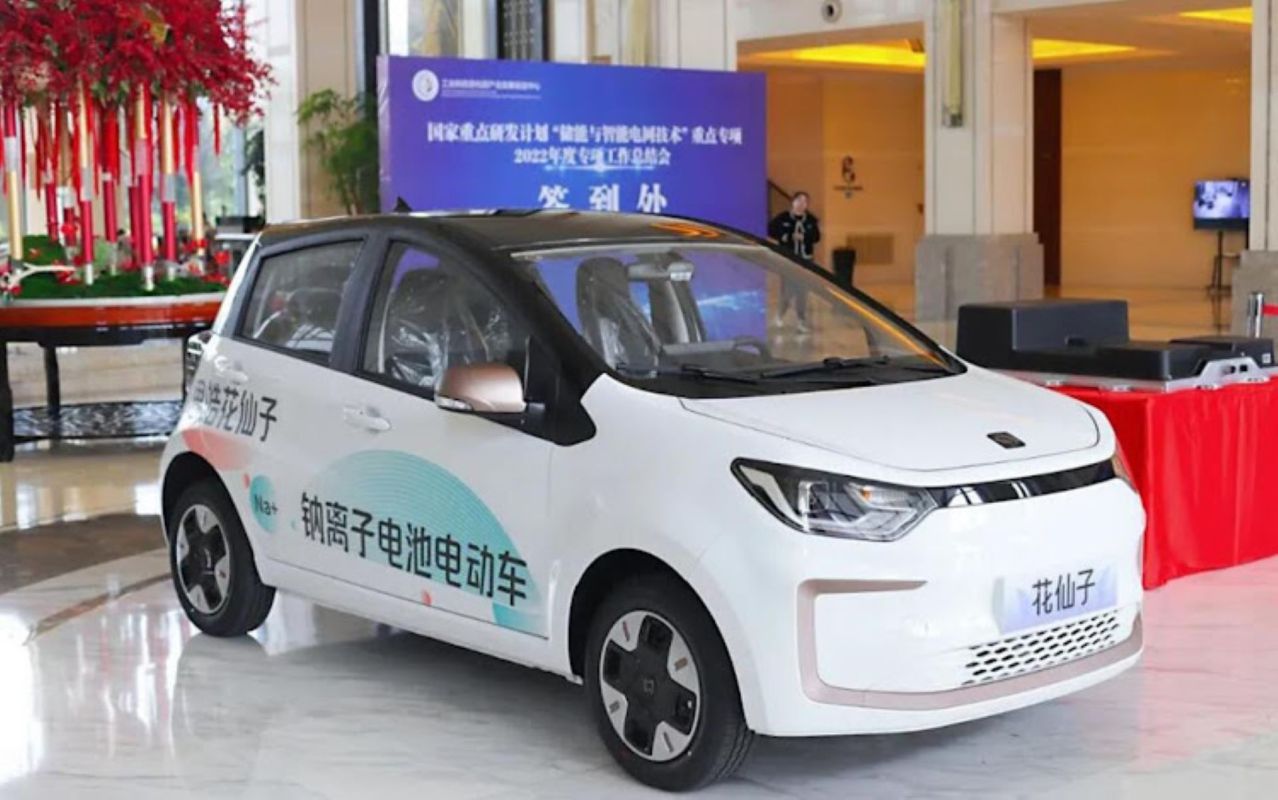Chinese automaker JAC Group and tech company HiNa Battery teamed up to create an electric car powered by a sodium-ion battery, Just Auto reports.
Most electric vehicles today use lithium-ion batteries, but these have always been expensive to produce due to the high cost of lithium and other metals used in the design. Now, thanks to the increasing demand for batteries and the limited capacity of existing lithium mines, they're getting more costly.
However, sodium-based batteries are much cheaper because sodium is more common across the world. According to Just Auto, sodium-ion batteries are also safer to use than lithium and more sustainable to produce.
In the past, sodium-ion batteries weren't efficient enough for use in an electric vehicle. According to Chemical and Engineering News, sodium-based batteries typically store only about two-thirds the amount of a similarly sized lithium battery.
HiNa Battery is changing that. For 10 years, the company has been developing better sodium-ion batteries for buses, miniature vehicles, and home energy storage. Last year, it built the world's first facility for the mass production of sodium battery materials.
According to HiNa's general manager, Li Shujun, the company is focused on electric vehicles and energy storage systems — improving battery designs to make those technologies more efficient.
The result, which HiNa Battery and JAC Group unveiled at the Second Chinese National Conference on Na-ion Batteries in February, is a compact electric vehicle called Hua Xianzi, with five seats and a range of more than 155 miles on a single charge.
Although sodium-ion batteries haven't caught up to the best lithium ones, they're gaining ground fast. This affordable and eco-friendly battery technology is another leap forward for cars around the globe. What remains to be seen is whether America's domestic battery manufacturers can keep up.
Join our free newsletter for weekly updates on the coolest innovations improving our lives and saving our planet.









